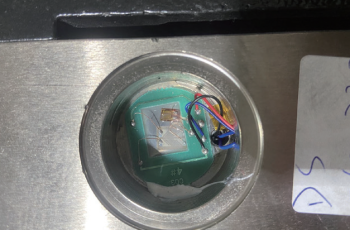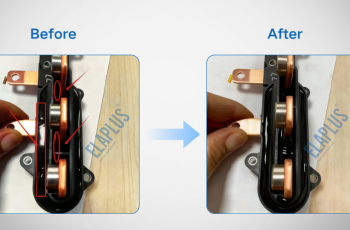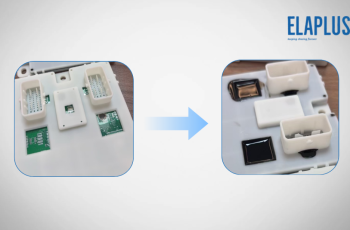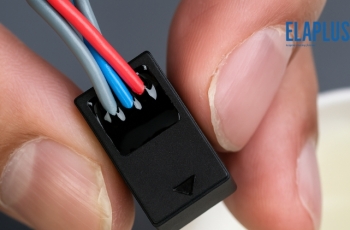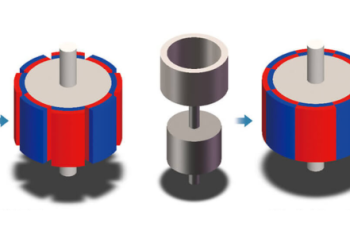Micro switch waterproof sealing solution | PUR 1680 polyurethane foam adhesive
Micro switches are widely used in precision electronic components such as automotive electronics, smart home appliances, industrial control, etc. due to their small size, sensitive triggering, and high reliability. However, due to its compact internal structure and sensitive electrical contacts, it is prone to switch failure, contact oxidation, and sensitivity reduction in humid, vibrating, or chemical environments. Therefore, waterproof sealing protection has become a key link to ensure the long-term stable operation of micro switches. Application challenge: PP shell+long-term sealing, failure to stick firmly is ineffective protectionThe housing of micro switches is often made of PP (polypropylene) material, which has low surface energy and strong inertness. Even after plasma treatment, many adhesives still exist:✅ Insufficient adhesion, cracking occurs under slight stress✅ After solidification, it becomes hard and brittle, and after fatigue aging, it peels off✅ The waterproof layer is discontinuous and cannot form a sealed structureAt present, some factories use Weifu 500 adhesive, but there is still a risk of bonding fatigue and sealing degradation under long-term humidity and external forces.Therefore, it is crucial to choose a highly reliable adhesive that can tightly bond with plasma treated PP and has a flexible sealing effect.Recommended product: PUR 1680 Micro Switch Special Waterproof Sealing AdhesivePUR 1680 is a single component moisture curing polyurethane reactive adhesive, particularly suitable for bonding low surface energy materials such as PP, PE, TPE, and sealing and packaging electronic devices.Core strengthsPerformance Characteristics and Advantages ExplanationAfter plasma treatment, PP has high adhesive strength and is firmly bonded without breaking or delaminationExcellent waterproof sealing performance can effectively block the infiltration of moisture, dust, and oil stainsAfter curing, the flexibility does not crack due to vibration or fallingEasy to operate, dispensing friendly, can be automated or manually applied, suitable for large-scale productionStrong temperature resistance and environmental adaptability, maintaining stable performance in…
More

